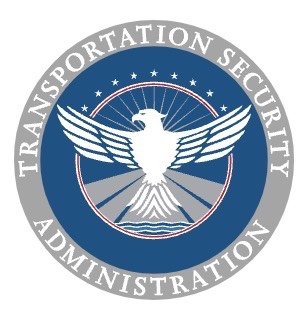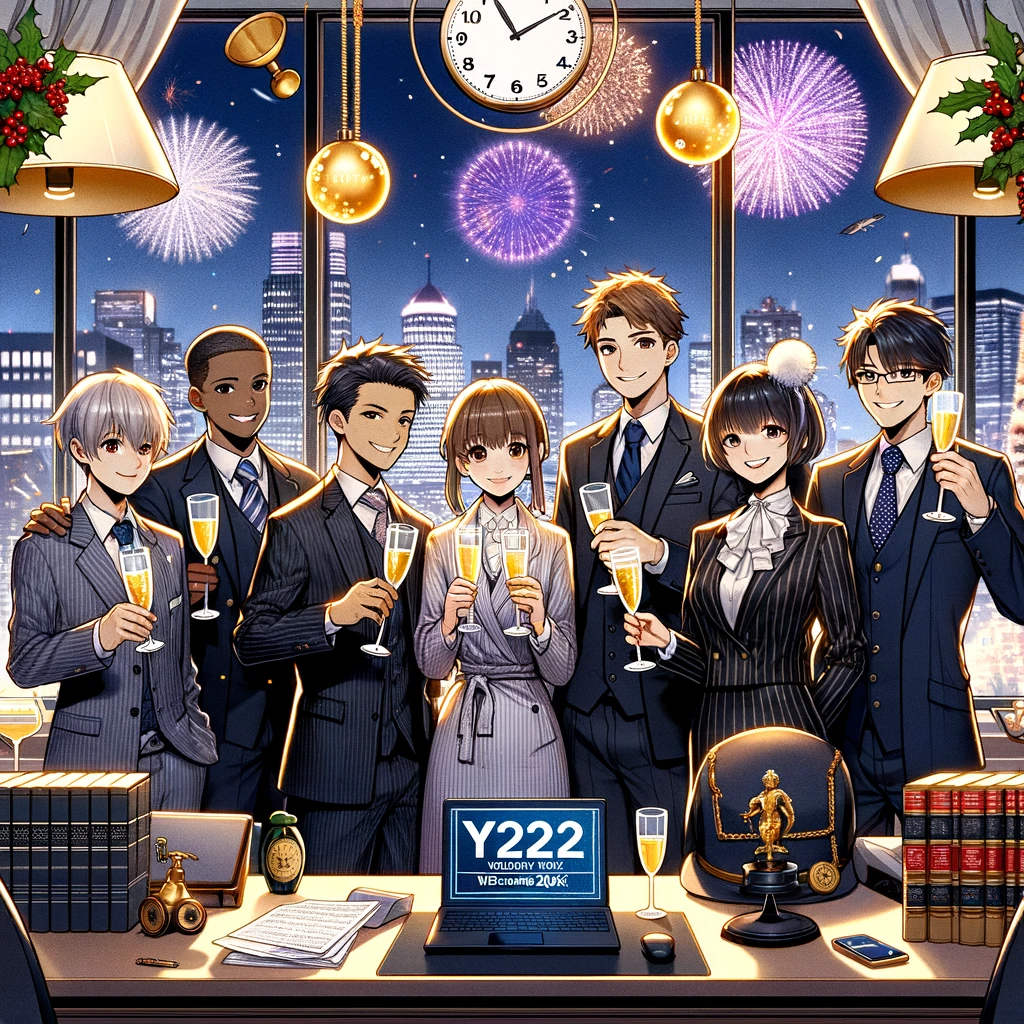Episode 79: Handling Medical Information on The Internet With Leah Bucholz
/Our next guest is Leah Bucholz, the founder and leader of Prestige Veteran Medical Consulting. PVMC is a veteran-owned family company dedicated to serving those who have served. Specializing in Independent Medical Opinions, commonly known as "Nexus Letters," the firm delves into the intricacies of injuries and illnesses stemming from military service. Moreover, Leah is a U.S. Army veteran, medical expert, and former C & P examiner.
Join Leah and me as we discuss the significance of robust security measures and policy enforcement to ensure HIPAA compliance and protect patient privacy. She shares practical advice on maintaining documents electronically, managing passwords securely, and utilizing PDF readers for sensitive data handling. We also discuss legal tech tools for efficient document review and management. Overall, our discussion emphasizes the critical role of technology in safeguarding confidential information, complying with regulations, and enhancing productivity in professional settings.
Join Leah and me as we discuss the following three questions and more!
What are the top three tips for maintaining HIPAA compliance of documents online electronically?
What are the top three tips for maintaining many documents online electronically?
What are the top three secret tips for using your favorite PDF reader?
In our conversation, we cover the following:
[01:13] Building a Secure Remote Tech Ecosystem: Exploring Cloud-Based Tools, Compliance, and Backup Strategies
[12:48] Mastering HIPAA Compliance: Essential Tips for Maintaining Document Security Online
[26:17] Top Tips for Managing a Large Volume Online
[35:52] Unlocking PDF Reader Magic: Expert Tips for Efficiency and Effectiveness
[28:45] Connect with Leah
Resources:
Connect with Leah:
LinkedIn: linkedin.com/in/leahbucholz/
Website: prestigeveteranmctx.com/
YouTube: youtube.com/@prestigeveteranmedical
Email: mailto:leah@prestigeveteranmctx.com/
Hardware mentioned in the conversation:
Internet connection provided by AT&T: att.com/internet/fiber/
Software & Cloud Services mentioned in the conversation:
Backupify: backupify.com/
JotForm: jotform.com/
Spanning: spanning.com/
Speedtest.net: speedtest.net/
Zapier: zapier.com/
Zoho Vault: zoho.com/vault/
Zoho: zoho.com/





















